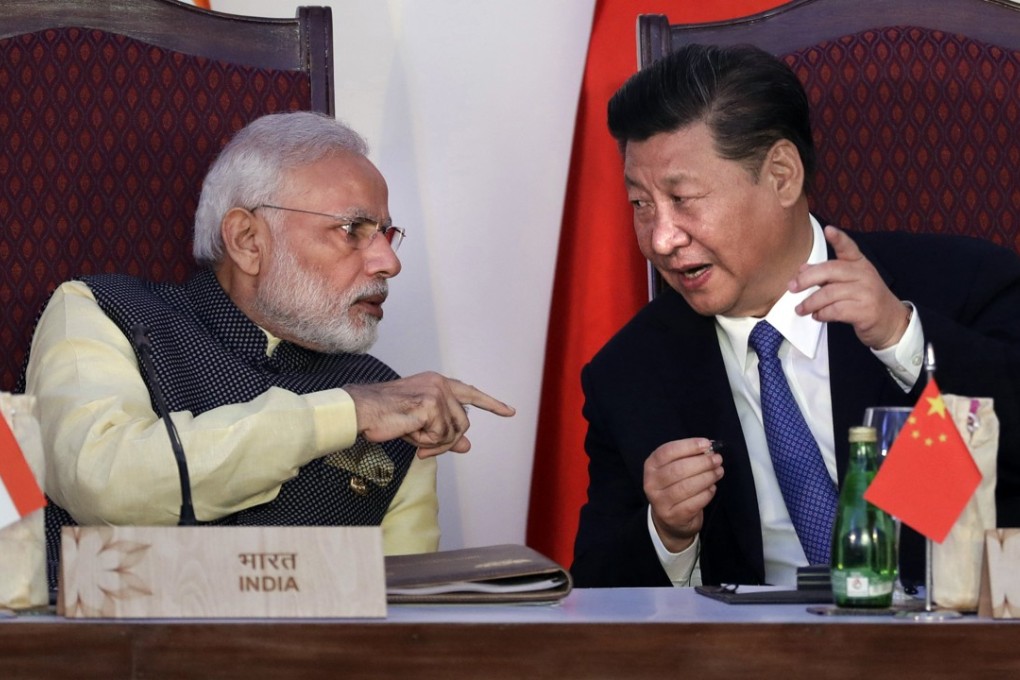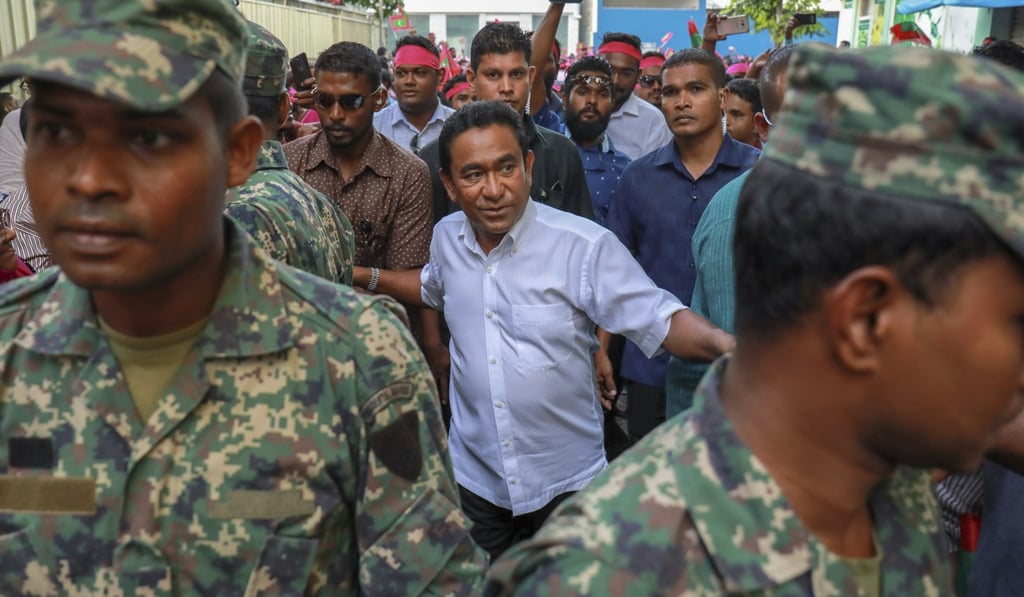What an unlimited Xi presidency in China means for India
A stronger Xi need not mean a more aggressive China – but India isn’t holding its breath

One possibility is there could be a demonstration effect. China’s decades-long rapid economic growth has been a source of envy and inspiration for many countries in the developing world. Some like Vietnam, for instance, have used China as a model in launching its own opening up and reforms process. Other countries, including many in South Asia, have seen Beijing as an alternative to the West for financial resources and capital.
With Xi’s latest move, an ambitious autocrat could try to sell the idea to his people or elites that matter that he – and he alone – holds the solutions to a country’s problems.
And often, as in the case of President Abdulla Yameen in the Maldives, who has imposed a state of emergency in the island nation, they will do so with considerably less finesse than Xi.

Second, given China’s record of unbridled nationalism and expansive sovereignty claims during Xi’s tenure, the possibility of more of the same for an indefinite period must also worry China’s neighbours.